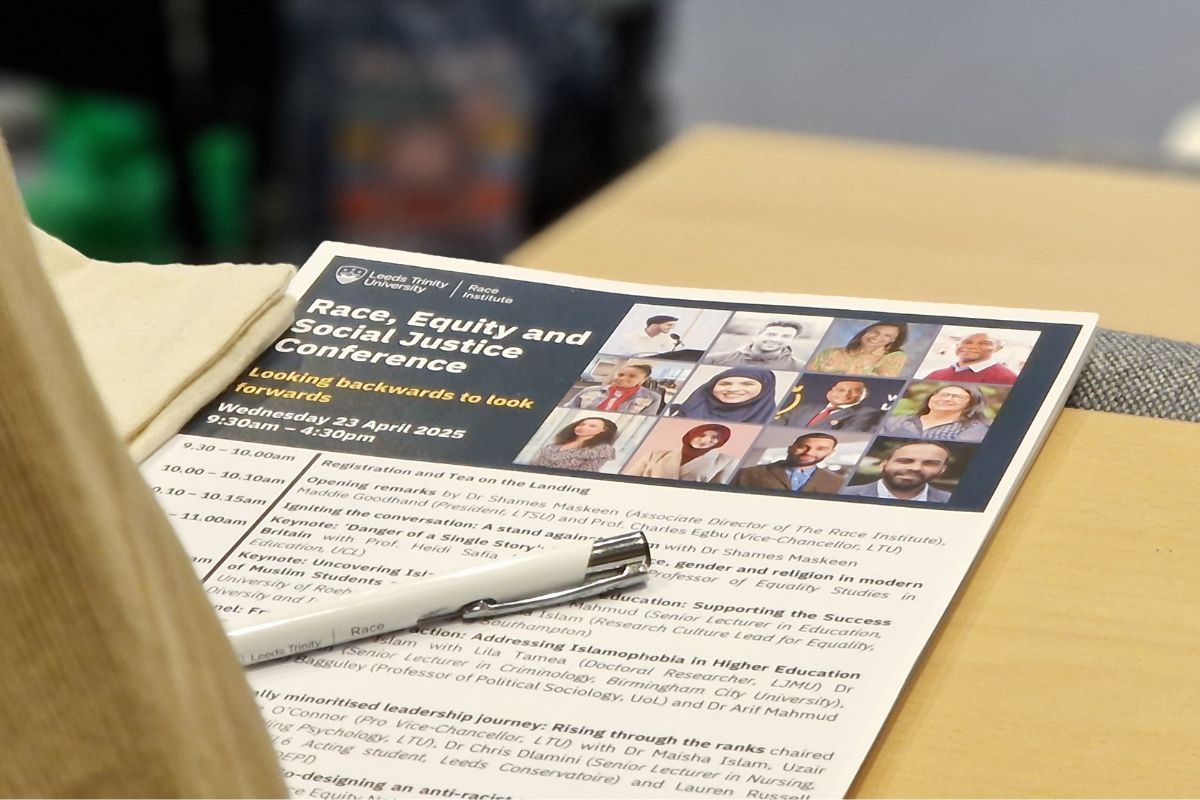Net Zero not possible without right skills, says ECA

Leading electrotechnical and engineering services trade body ECA has welcomed the report by the Climate Change Committee (CCC) urging government to prioritise workforce development and avoid a looming Net Zero skills crisis.
The body highlights the CCC’s calls for stronger investment and governance in further education and the wider skills and learning system. This echoes ECA’s own work with Local Skills Improvement Plans (LSIPs). Here we have highlighted severe mismatches throughout England between the courses and qualifications which many local colleges are currently delivering, and the skills which electrotechnical and engineering services businesses require.
Over 99% of these businesses are SMEs, and the qualified, competent electricians whom they employ are essential for the safe and efficient design, installation and maintenance of low-carbon installations, including electric vehicle charge points, solar photovoltaic panels, heat pumps and batteries.
ECA Director of Workforce and Public Affairs Andrew Eldred said,
“We fully agree with the CCC’s statement that no Net Zero policy can succeed without skilled people with to deliver on it.
“Without stronger links between education and SME employers, and alignment around training routes which command real industry credibility and support, the education system will continue to miss the mark in its efforts to support the transition to net zero. Both at national and local levels, the voices of 50,000 electrotechnical and engineering services businesses need to be heard.”
The CCC report also says that with targeted intervention from the government, the Net Zero transition could potentially add up to 725,000 new jobs to the UK economy.
Andrew Eldred added,
“The Installation Electrician and Maintenance Electrician standard in England recently received the King’s Coronation emblem as one of six apprenticeships recognised as essential for the nation’s Net Zero future. Although the apprenticeship attracts an average of 5,000 to 6,000 starts each year, that’s not anything like enough to meet our needs.
“At the same time, around 20,000 learners are enrolled each year onto full-time, publicly funded electrical courses – most with little or no realistic prospect of progressing further into skilled industry employment.
“Priority Number One therefore must be to bridge the chasm between education and employment, and stem the present waste of ambition, time and money. Hopefully this new report will instil a welcome sense of urgency and realism into government skills policy and help support our industry to deliver a Net Zero economy.”











Responses